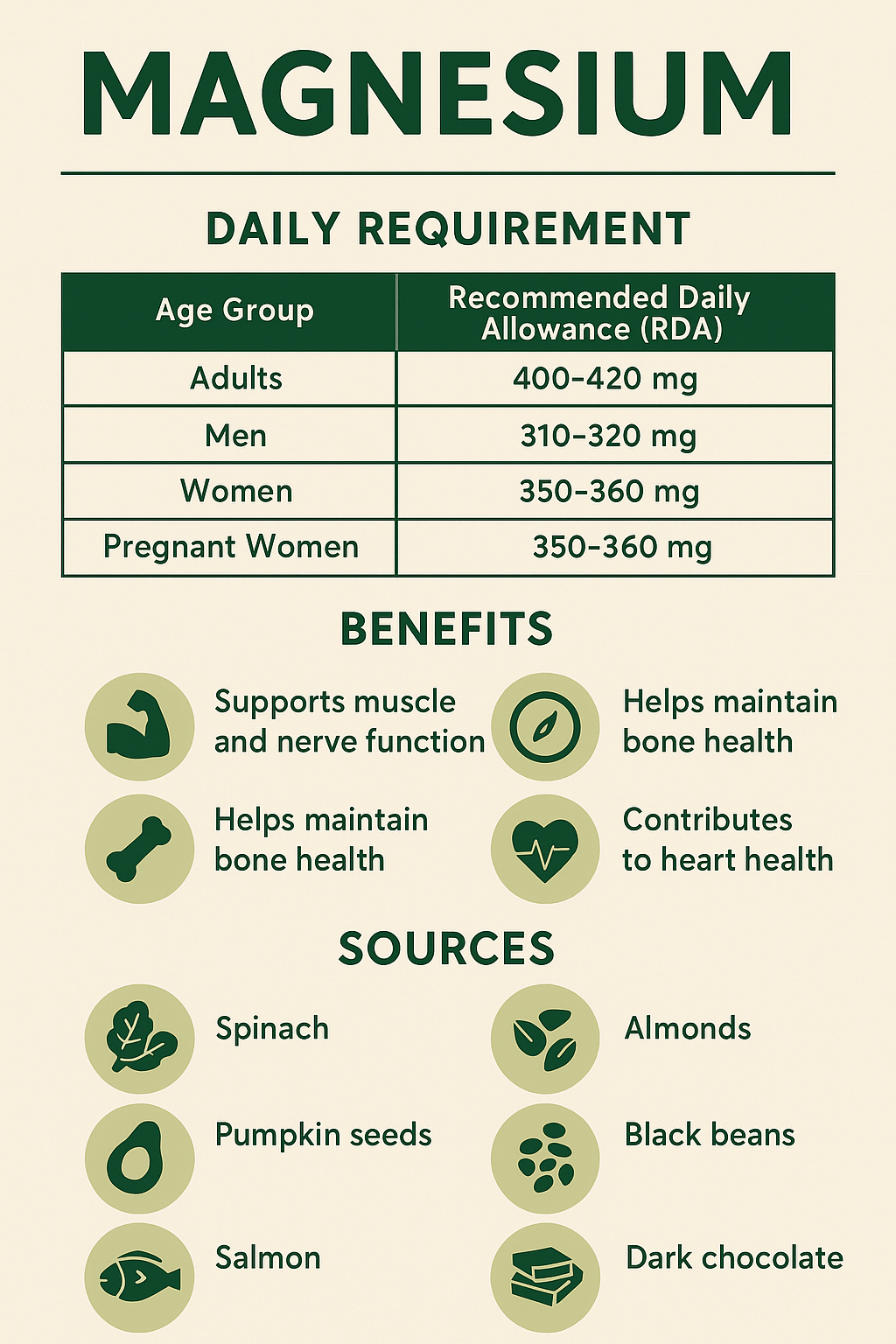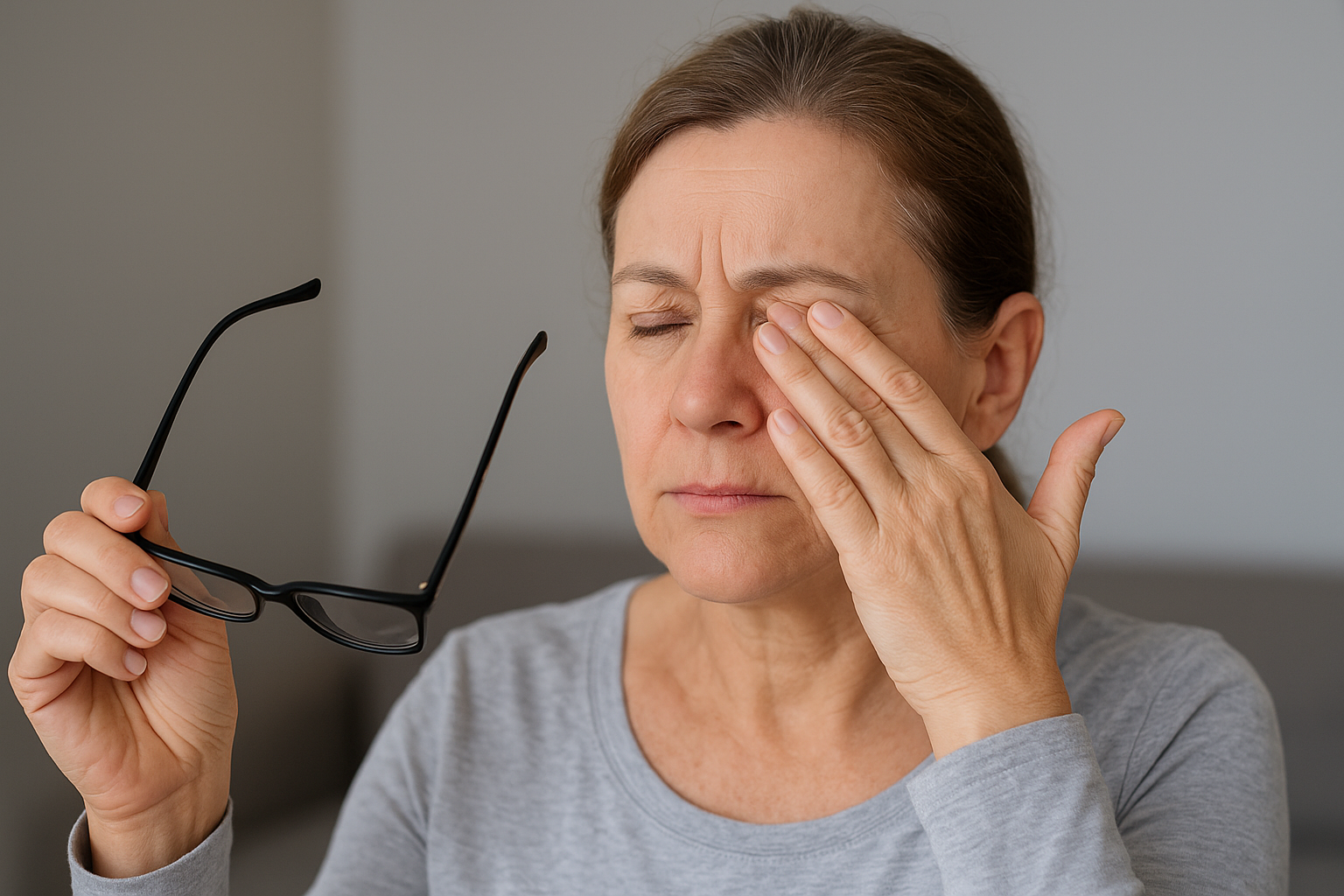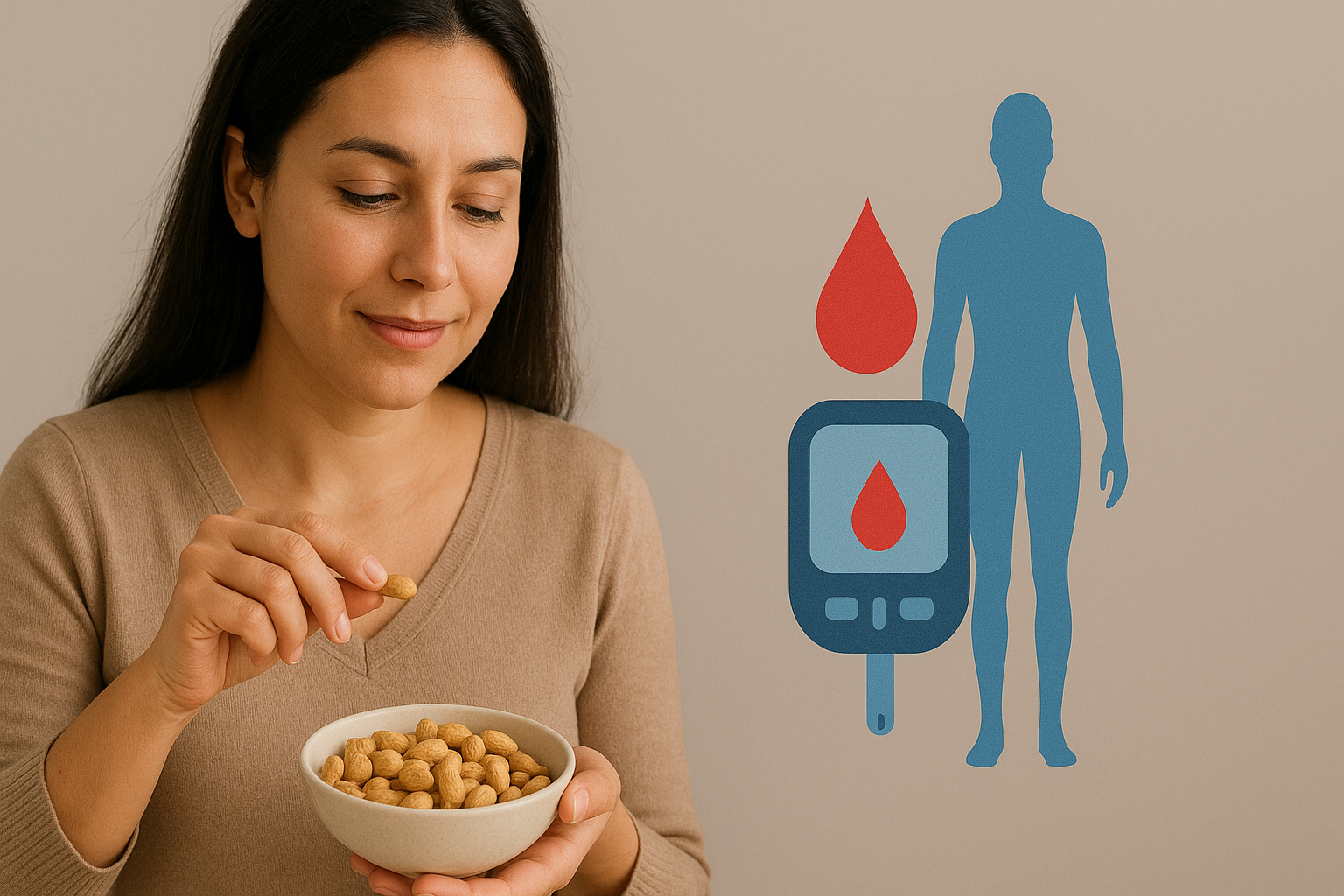Hyperglycemia refers to high blood sugar levels, typically defined as blood glucose > 126 mg/dL (fasting) or > 200 mg/dL after meals. It is a hallmark complication of both Type 1 and Type 2 diabetes, resulting from either insufficient insulin or insulin resistance.
🔍 Causes of Hyperglycemia in Diabetes
Several factors can contribute to elevated blood glucose:
- 📉 Missed insulin or diabetes medications
- 🍩 High carbohydrate intake
- 🛋️ Sedentary lifestyle
- 🧠 Stress or illness
- 🧬 Hormonal changes
- 💊 Certain medications (like steroids)
⚠️ Common Symptoms of Hyperglycemia
Early signs often go unnoticed. However, persistent high blood sugar can present with:
| Early Symptoms | Severe Symptoms |
|---|---|
| Frequent urination (polyuria) | Fruity-smelling breath |
| Increased thirst (polydipsia) | Nausea and vomiting |
| Fatigue | Shortness of breath |
| Blurred vision | Confusion or drowsiness |
| Headache | Unconsciousness (in extreme cases) |
Note: If untreated, hyperglycemia can lead to diabetic ketoacidosis (DKA) or hyperosmolar hyperglycemic state (HHS)—both medical emergencies.
🧪 Diagnosis: How Is Hyperglycemia Confirmed?
You may need several tests:
- Fasting blood glucose (>126 mg/dL)
- Postprandial glucose (>180 mg/dL)
- HbA1c test (>6.5%) for long-term control
- Urine ketone test (especially in Type 1 diabetes)
🩺 Managing Hyperglycemia: What You Can Do
🔹 1. Adjust Medication or Insulin
Talk to your doctor about:
- Changing your insulin dose or timing
- Adding or modifying oral hypoglycemics
🔹 2. Monitor Blood Glucose Frequently
- Check fasting, post-meal, and before-bed levels.
- Keep a log for trends.
🔹 3. Diet Control
- Reduce simple carbohydrates and sugary drinks
- Eat low-glycemic index foods
- Increase fiber intake
🔹 4. Physical Activity
- Even light daily activity improves insulin sensitivity.
- Avoid exercise if glucose >250 mg/dL with ketones.
🔹 5. Stay Hydrated
- Water helps flush out excess sugar.
🔹 6. Treat Underlying Causes
- Infections, pain, or stress may raise blood sugar—treat promptly.
🧬 Complications of Untreated Hyperglycemia
Chronic hyperglycemia can lead to:
- 👁️ Diabetic Retinopathy
- 🧠 Neuropathy
- 🧽 Nephropathy (Kidney Disease)
- ❤️ Cardiovascular disease
- 🦶 Foot ulcers and infections
- 🧠 Cognitive decline
🛡️ Preventing Hyperglycemia
- Maintain target HbA1c (<7%)
- Follow your prescribed diabetes management plan
- Track your diet, activity, and glucose
- Attend regular follow-ups with your healthcare team
- Learn how to manage sick days and stress
🚨 When to Seek Emergency Help
Call your doctor or go to the ER if:
- Blood sugar >300 mg/dL for more than a few hours
- You experience vomiting, dehydration, or ketones in urine
- Symptoms like confusion, rapid breathing, or loss of consciousness occur
✅ Final Thoughts
Hyperglycemia in diabetes is common but controllable. With awareness, regular monitoring, and a strong care plan, most people can avoid complications and lead full, healthy lives. Don’t ignore symptoms—early action leads to better outcomes.
🔗 Visit medscapeus.com for trusted resources on diabetes management, lifestyle strategies, and expert medical insights.




